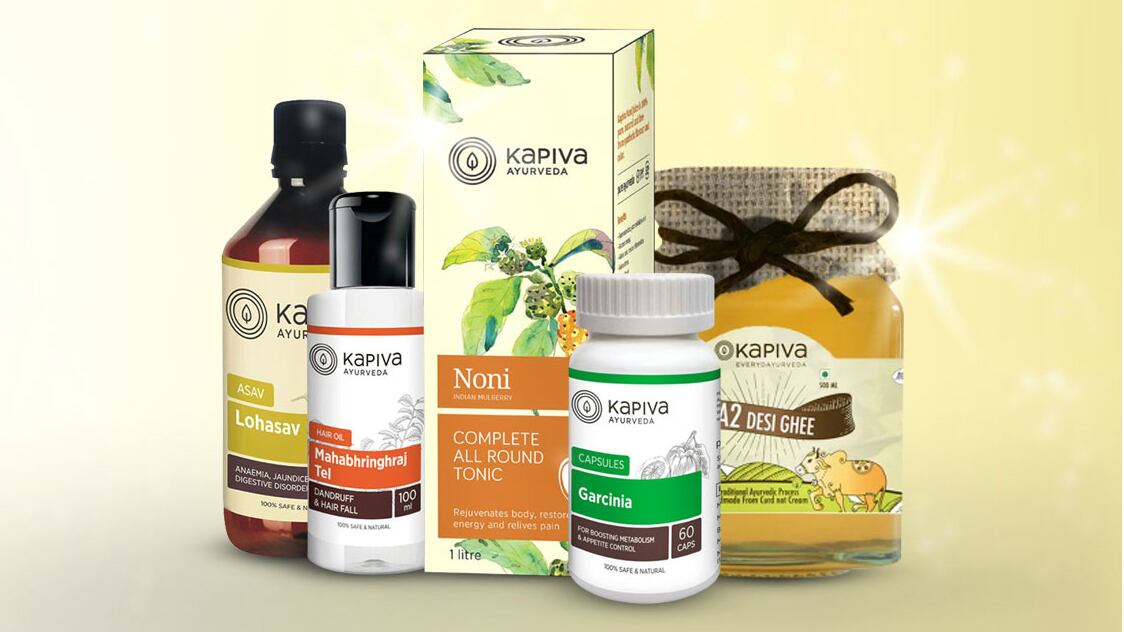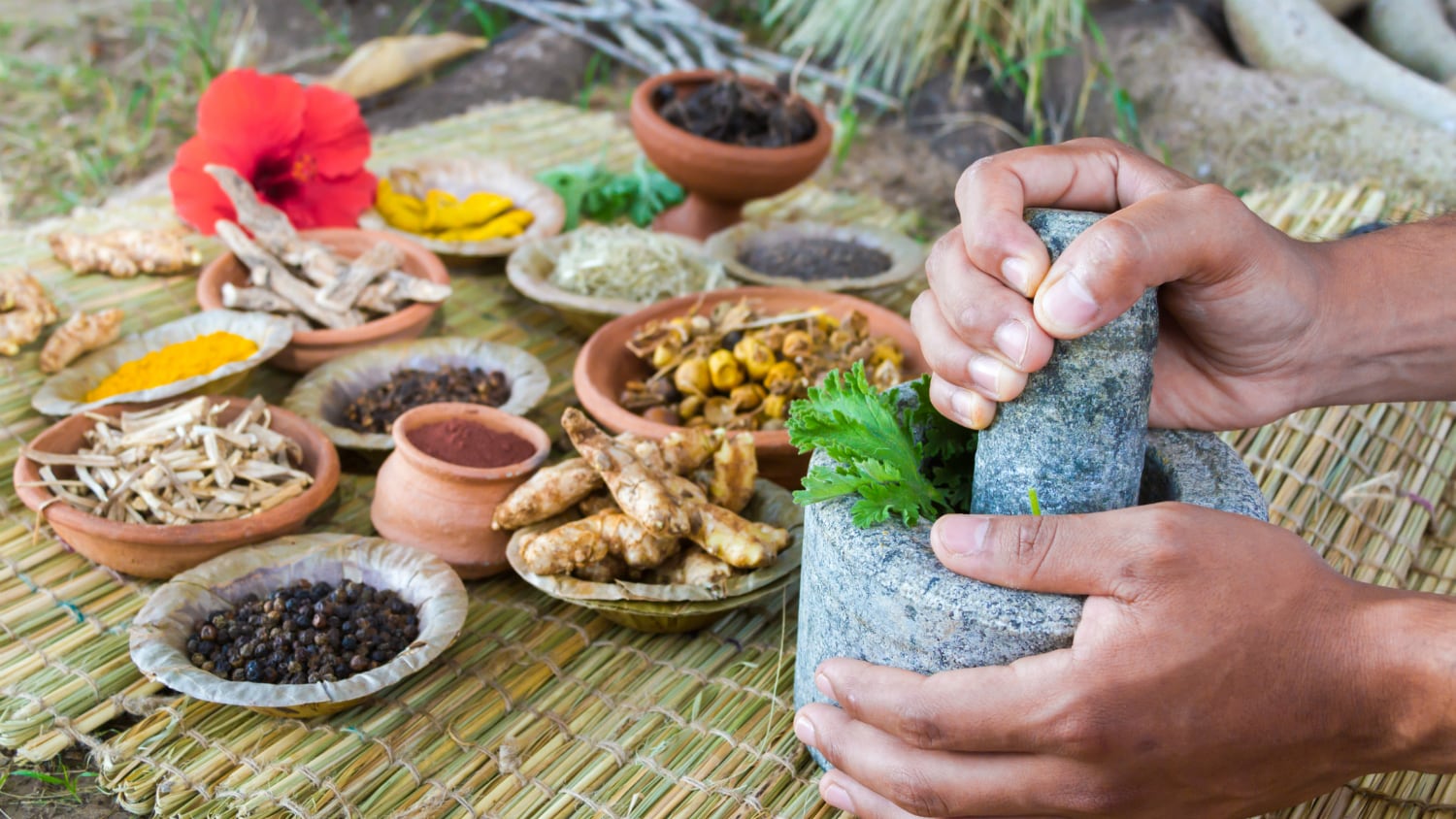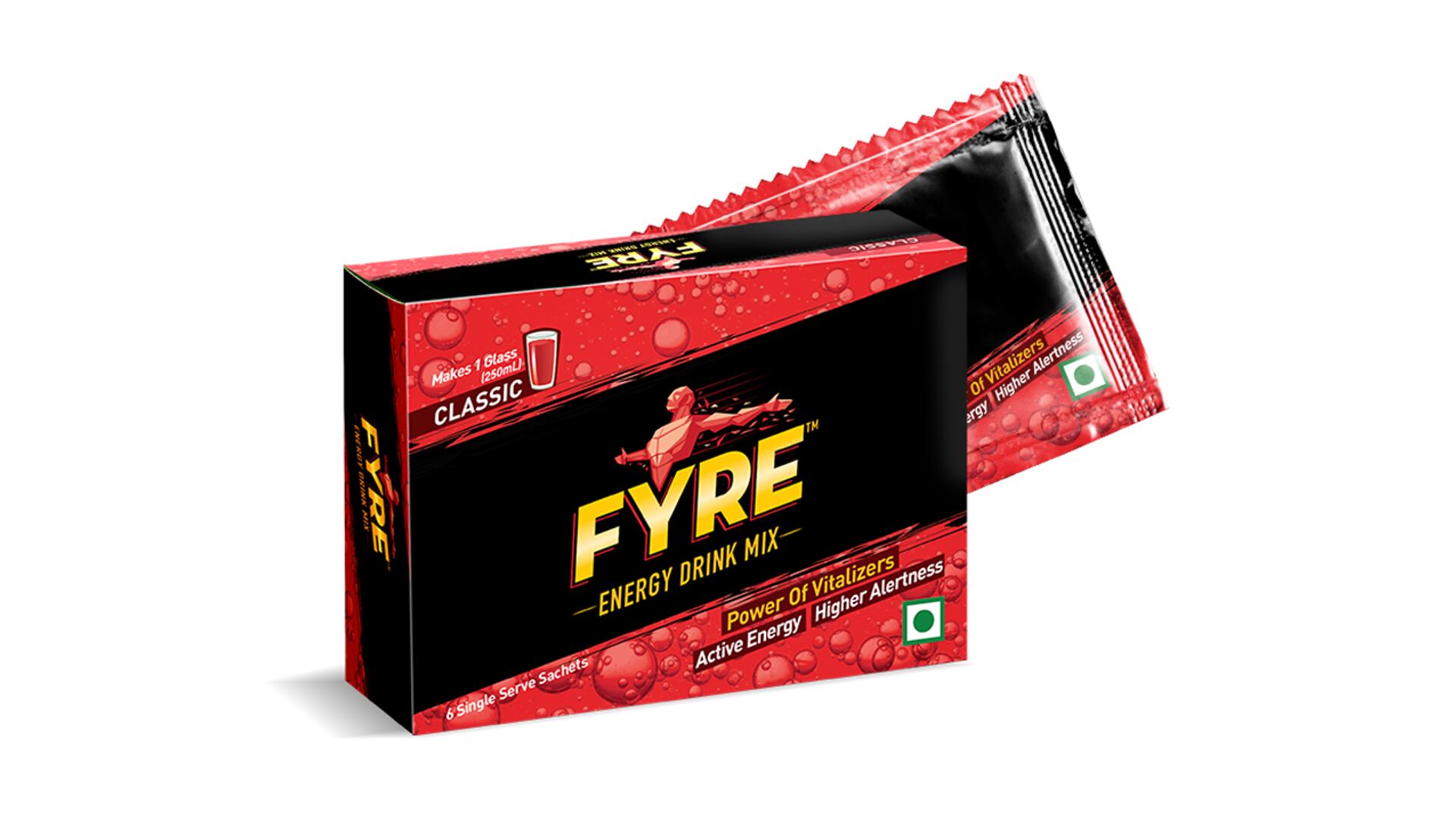The company considers its sourcing of raw material the most crucial step in its business strategy, as it believes it is key to ensuring the quality of its finished products.
So far, it has tied up with over 100 farmers in India for its supply of different varieties of herbs and natural produce.
Apart from ingredient quality, the company is also concerned about sustainability, which has been highlighted as an issue faced and caused by many herbal product manufacturers.
Sustained sourcing
According to CEO Ameve Sharma, the company is considering the possibility of acquiring an agricultural company that could provide backward integration and raw material sourcing, in addition to partnering with farmers across India.
This would take place over a period of three to four years, during which Kapiva would likely invest anywhere between US$2m to US$5m in the acquisition and scaling up of this agricultural supply chain venture.
At the moment, Kapiva is discussing investment in a company in the agricultural space, whereby it will buy about 1,000 acres of land near the Maharashtra and Madhya Pradesh border to grow herbs. It also plans to train farmers in the area so as to expand its agricultural reach.
Speaking to NutraIngredients-Asia, founder Shrey Badhani said: "We work closely with the farmers we've partnered with — information on what kind of plants to look out for, best practices in terms of the timing of the harvest, as well as the varieties of herbs to grow and types fertilisers to use are what we discuss with the, in order to maximise both the quality and sustainability of our production process."
What’s the tea?
Kapiva, which has been manufacturing and selling products such as nutritional capsules, oils, ghee, honeys, juices and powders that are meant to provide a wide variety of health benefits, will soon launch a line of herb-infused green teas.
This new range is developed in partnership with Ambootia — also known as the Darjeeling Organic Tea Estates — one of India's oldest organic tea makers. Ambootia provides its green teas, which Kapiva then infused with herbs.
There will be at least four different flavours of the tea when it launches; the initial launch will be in the form of teabags, but the firm is also working on introducing loose tea versions on the market soon after.
Like its other products, the range will be sold on the brand's web store, as well as Amazon and Indian e-commerce platforms like Big Basket, and retail stores and supermarkets across the country.
The company's products target a wide range of health conditions, such as diabetes, blood pressure, immunity, joint pain, weight loss, and liver and stomach health. But according to Badhani, it is its ghee that is among its bestsellers, thanks to its flexibility and multiple uses.
"We will be launching a differentiated version of the standard ghee you see in the market. It has higher levels of good fats and omega-3," he said.
He added that Kapiva's ayurvedic juices — made from ingredients such as wheatgrass, aloe vera and triphala — were also popular, and that the company was working on providing clinical evidence as to its products' efficacy.
"We are actually working on conducting some clinical trials in conjunction with local research institutes and universities, but we will be in a better position to talk further about the work we are doing in the later half of this year."
Exponential expansion
Kapiva has seen a steady rise in its profits in recent years, thanks largely to a growing consumer preference towards less processed and more 'natural' foods and as a result, greater overall acceptance of functional foods.
In fact, the company’s believes it can achieve a turnover of US$14.32m by the end of the 2020 financial year, as well as between US$26.84m and US$43m in revenues over the next two to three years.
The firm is also planning expansion into the US, as well as "select Asian markets". Badhani said, "These markets make sense for us based on consumer demand for our products, and our ability to serve those markets effectively.
"In the US, there's a big trend towards food from different countries, and India is one of the countries that has gotten a lot of interest, with ghee being one of the products that has become quite popular among consumers. We're also looking at markets in the Middle East and East Asia, though it's still very early days."
He added that younger consumers were a key demographic for two main reasons: they tended to be more pro-active in terms of buying supplements to support a healthy lifestyle, and acted as an effective channel through which their older family members could be introduced to such products.
"Our products are not just for younger buyers; we provide supplements the whole family can use," said Badhani.



